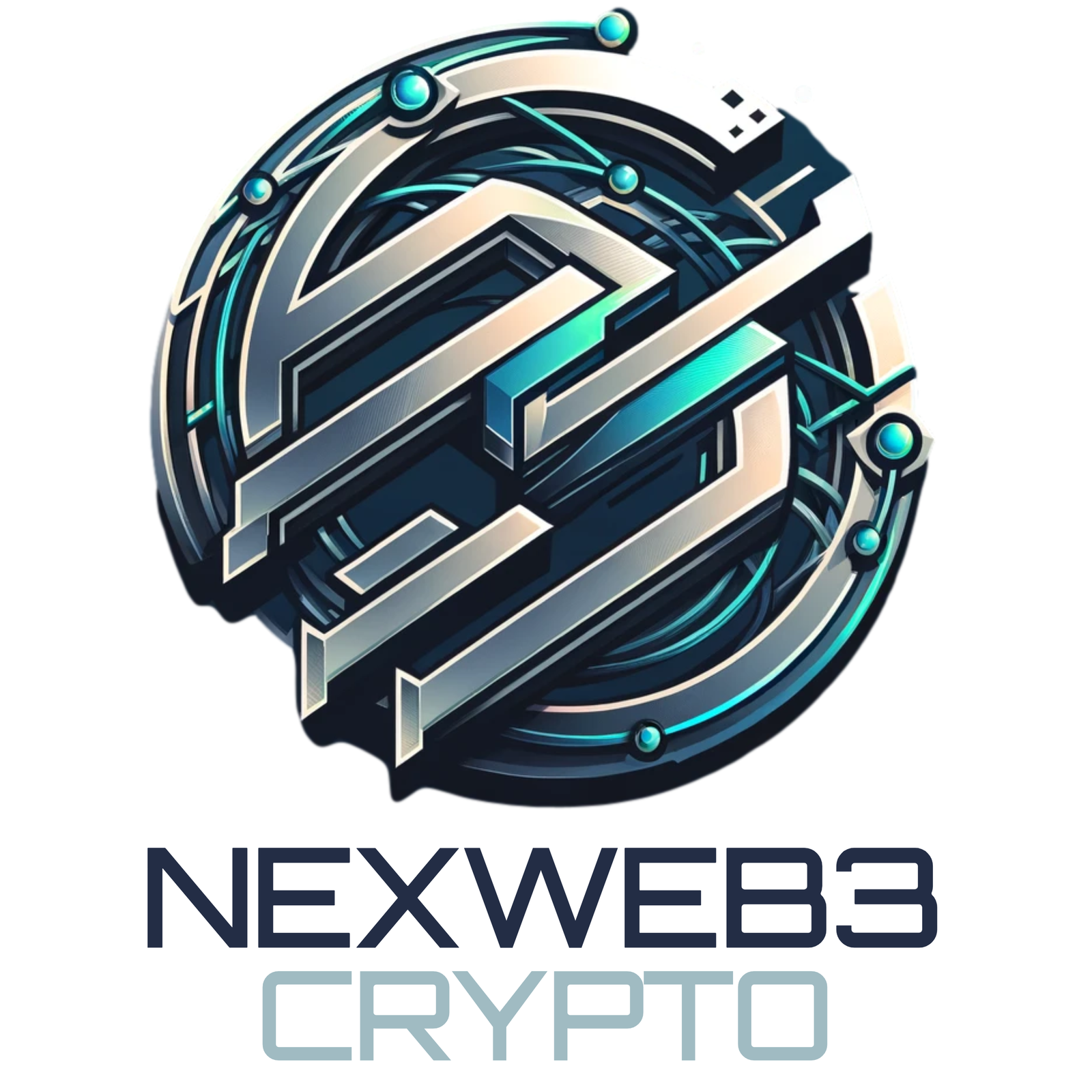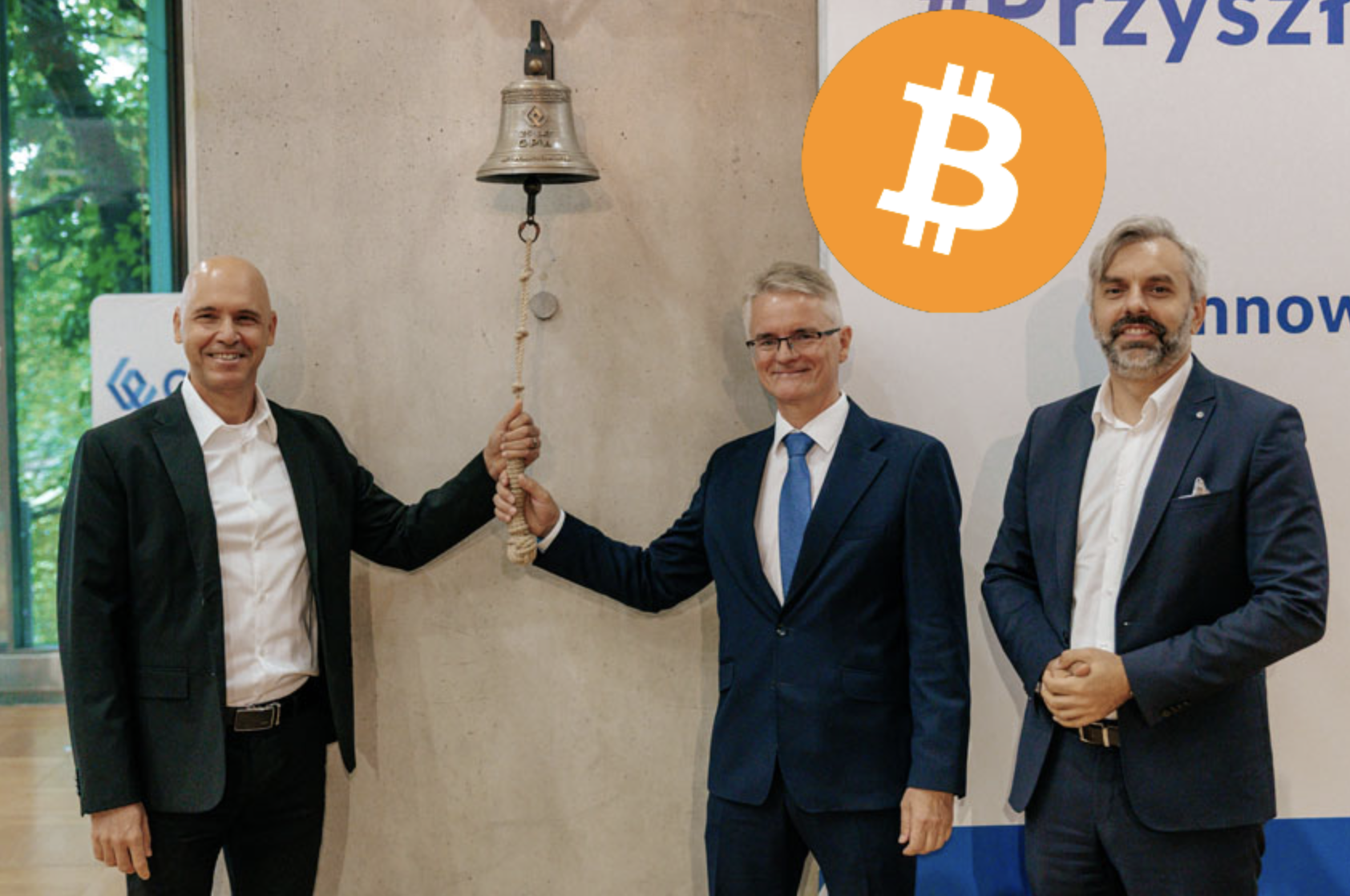Decentralized Finance (DeFi) is a revolutionary concept in finance that leverages blockchain technology to create decentralized applications for lending, borrowing, investing and trading among others. These applications are built on top of cryptocurrency networks like Ethereum or Polkadot enabling users to interact directly without intermediaries such as banks or financial institutions. This new paradigm offers greater autonomy over ones own finances while reducing costs associated with traditional methods. The future looks bright indeed!
In this article we will delve into the world of DeFi by examining its key features, benefits, use cases and future potential. We begin with a definition of Decentralized Finance (DeFi) and how it differs from traditional finance before moving on to explore specific examples of DeFis functionality through various applications. Finally we consider what implications these technologies could have for both individuals and society as a whole.
Understanding Decentralized Finance
Decentralized Finance refers to any financial activity that takes place on a decentralized network. This includes activities such as peer-to-peer lending, asset management and even insurance services. The main difference between centralized finance systems versus their decentralized counterparts lies in who controls them – large corporations or governments hold most of the power in traditional finance while participants have equal control over networks within Decentralized Finance platforms. By embracing this approach we can create more transparent & fair economic models for all involved parties.
Decentralized Finance (DeFi) has revolutionized the way people access financial services by removing barriers to entry. With just an internet connection and some cryptocurrency anyone can participate in DeFi applications regardless of their location or economic status. Furthermore transactions occur directly between parties without intermediaries resulting in lower fees compared with traditional finance methods. This level playing field offers unprecedented opportunities for individuals seeking greater control over their own finances while also promoting innovation within this emerging industry.
The DeFi Revolution – Exploring the Possibilities
The world of Decentralized Finance is vast and varied with numerous applications available for users. Amongst these popular options are lending, borrowing or investment opportunities on blockchain networks such as MakerDAO which allows individuals to lock up their ETH tokens in exchange for DAI stablecoins that can be used elsewhere within the platform while Compound offers interest rates on various assets held in custody therein. These platforms offer innovative ways for people to manage finances securely without relying solely on traditional banking institutions.
Decentralized Finance (DeFi) has revolutionized the way we conduct transactions by eliminating intermediaries and enabling peer to peer exchanges. This not only reduces costs but also promotes transparency and trust between parties involved in such transactions. For instance, if two individuals want to transfer money they can do so instantly using a DeFi application instead of relying on banks or payment processors which take longer processing times with higher fees attached. The benefits are numerous: faster settlements, lower transactional risks, greater security measures – all while keeping control over your finances! With this technology at hand why wait any further? Join the growing community today!
The Future of Decentralized Finance
Decentralized Finance (DeFi) has numerous advantages that make it an attractive option for many people. These include increased accessibility, reduced costs and greater autonomy. However before DeFi can become widely adopted there are several challenges that need to be addressed such as scalability issues regulatory uncertainty and user education.
Despite facing various challenges Decentralized Finance has a promising future ahead. As more individuals become aware of its advantages and developers continue creating innovative applications we may witness an eventual shift away from traditional finance towards a decentralized model. At the very least this technology offers potential for greater financial inclusion and empowerment worldwide. With continued growth in popularity among consumers and businesses alike – who knows what possibilities lie ahead?





